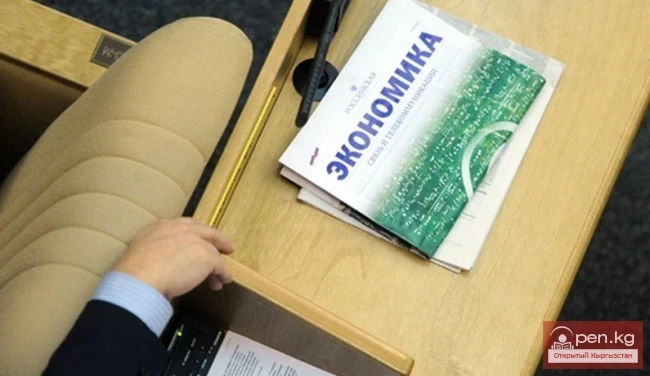Economic Condition of the Economy
Kyrgyzstan, having become an independent state, entered the global community as a developing country undergoing a transitional process towards building a truly democratic state with a market economy.
The economy of Kyrgyzstan was based on intra-union division of labor, which initially laid down disproportions, and therefore it was supported by large subsidies, which accounted for 10+13% of GNP (Gross National Product) in 1989-1991. In the national economy of Kyrgyzstan, two unconnected complexes emerged: the sectors of the agro-industrial complex (AIC) with their predominantly raw material orientation and machine engineering production, as well as mining and metallurgical complexes, which were almost entirely dependent on orders and supplies from outside the republic. As a result, there is economic and social disintegration between urban and rural areas, and an enclave nature of industrialization, where industry is concentrated only in large industrial centers.
In recent years, the economy of Kyrgyzstan has been struck by:
- a sharp decline in production;
- triple-digit inflation rates;
- a growing budget deficit.
Production growth ceased in 1989, and the rates of decline increased, with the volume of national income produced in 1992 shrinking by almost 30% (33.5% in the CIS), consumer goods production down by 32%, industrial output down by 27%, and agricultural production down by 24%. The composite price index and tariffs for consumer goods and paid services during this time amounted to 1974.5% (in 1991-1992 - 1896.7%), while monetary incomes of the population increased only 8.8 times. The budget deficit in 1992 amounted to 11.8% of GNP.
Reasons:
- a reduction in orders from CIS countries for goods, machinery, and equipment produced by the republic's industry;
- a sharp rise in prices for imported energy carriers, metals, timber, raw materials, and components for industrial production, along with a simultaneous reduction in their supply quotas;
- cessation of external subsidies;
- wear and tear of production and transportation equipment;
- predominance of spontaneous elements in reforms;
- widespread decline in executive and contractual discipline and responsibility.
In 1992-1993, we, like other CIS countries, moved along with the economic upheaval initiated by the radical liberalization of prices carried out by Russia in early 1992. Thus, prices for energy carriers skyrocketed 1200 times compared to 1990, while prices for agricultural products, the basis of our exports, increased only 100-120 times. Hence, the enormous passive trade balance with CIS countries, which in just nine months of the current year amounted to 187 million soms with Russia, 7.6 million soms with Kazakhstan, and 115 million soms with Uzbekistan.
In 1993, we made known efforts to overcome the crisis trends in the economy, and extraordinary measures were taken by the Government at the beginning of the year. However, they were not fully implemented, although it was possible to slow down the pace of production decline and curb inflation. Thus, GDP fell by 15.4% over nine months (in 1992 - by 26%), while inflation in the summer months decreased to 16-18% compared to 40-59% at the end of 1992.
As a result, the economy of Kyrgyzstan is still in a deep crisis. What has been done over these years as a result of the economic reforms?
The foundations of a market economy have been laid: institutions of private property, private entrepreneurship, and free entrepreneurial activity in cities and villages have been created.
Although in an embryonic form, the market mechanism is still functioning, determining prices based on the relationship between supply and demand and, conversely, regulating the relationship between supply and demand based on price fluctuations. However, it should be acknowledged that market relations are still underdeveloped and imperfect. The most important thing is to launch the mechanism of free competition among producers under conditions of free pricing, so that industrialists and entrepreneurs, competing with each other, can more fully, qualitatively, and cheaply meet consumer needs. Until competition—the main catalyst of the market—starts working, the economy is doomed to stagnation and regression.
No country in the world, including the developed countries of Eastern Europe, which transitioned from a command-administrative economy to a market one, has managed to avoid a certain period of chaos in economic order and rules, which was inevitably accompanied by a sharp decline in production. This was also characteristic of the economy of Kyrgyzstan in recent years. Such is the law of nature: any system can only be transitioned from one order to another through a chaotic state.
But now is the decisive moment for organizing new, market-oriented rules of economic management, as sufficient experience has already been accumulated, and their positive and negative consequences are visibly evident. Then decisive, operational, and effective actions are needed.
In this regard, the Government must:
- decisively support the sprouts of a market economy, conduct a policy of strengthening and developing market infrastructure;
- stimulate the creation and active operation of a wide network of small and medium enterprises producing goods and products in high demand;
- consistently and consciously reduce its intervention in the activities of independent economic entities in the form of administrative regulation, simplifying and unifying the conditions for economic activity.
It is necessary to always remember and for all citizens of the republic to understand that there are no easy paths, nor are there magical means to alleviate the heavy burden of reforms, and that no one but ourselves can change our lives. We may receive help, as many countries near and far are doing today, but no one will conduct our reforms for us.
Read also:
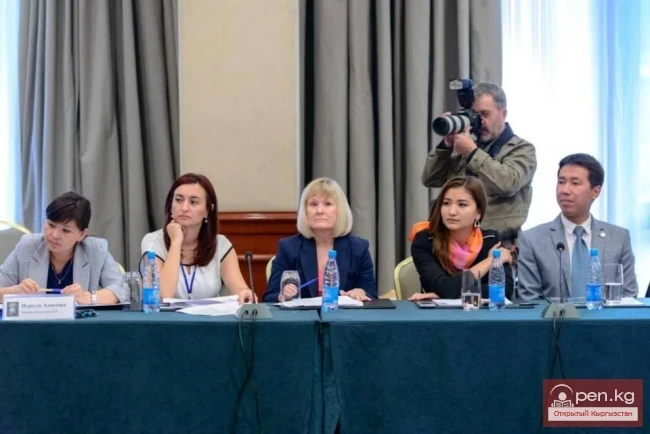
The International Business Council has developed a vision for the development of Kyrgyzstan's economy.
The International Business Council has developed a vision for the development of the Kyrgyz...

World Economic Forum 2014-2015: Kyrgyzstan Improved Its Position by 3 Places in the GDP Ranking
Kyrgyzstan ranked 128th in terms of gross domestic product among 144 countries with $7.2 billion...
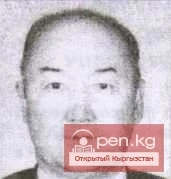
Erkin Kaparovich Boronbaev (1947)
Boronbaev Erkin Kaparovich (1947), Candidate of Technical Sciences (1979), Professor (1995)....
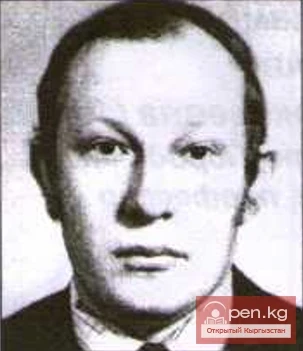
Aleksey Alekseyevich Morozov
Morozov Alexey Alekseevich (1945), Doctor of Chemical Sciences (1994) Russian. Born in Frunze....

Attractions of the Chuy Region
Natural and ecological complexes: Shamsi Natural Complex Ala-Archa National Park Chon-Kemin Zone...
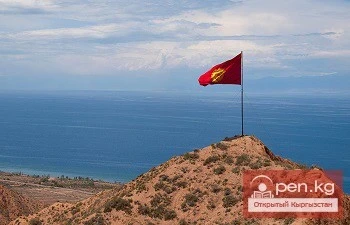
National Geographic Traveler included Kyrgyzstan in the top twenty travel destinations of 2016.
Kyrgyzstan has been included in the top twenty tourist destinations of 2016 by National Geographic...
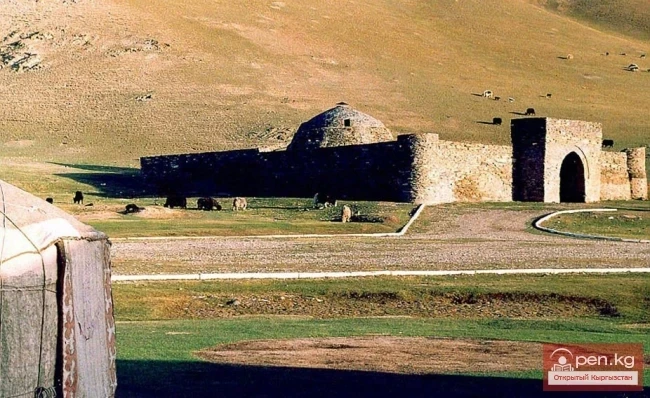
Attractions of Naryn Region
Historical-Architectural and Modern Attractions, as well as Natural-Ecological Complexes Cities...
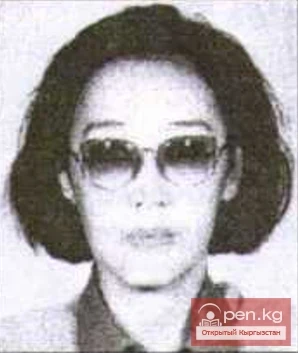
Chonbasheva Cholpon Keneshovna
Chonbasheva Cholpon Keneshovna (1959), Doctor of Medical Sciences (1998) Worked as a professor at...

Attractions of Jalal-Abad Region
Nature Parks and Reserves: Relict Walnut-Fruit Forests of Arslanbob Sary-Chelek Biosphere Reserve...
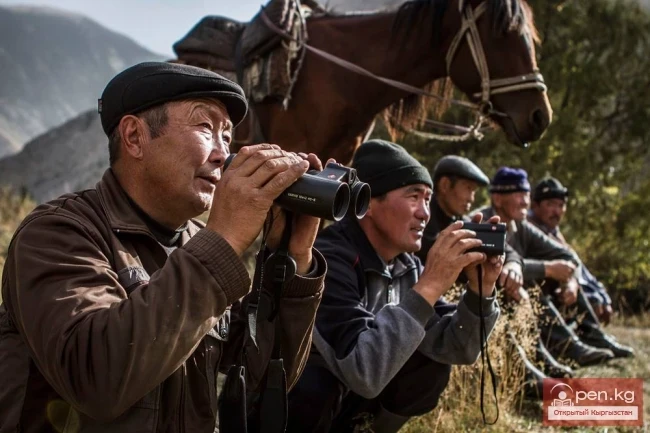
Kyrgyzstan Became the Leader of the National Geographic Tourism Ranking
Kyrgyzstan has become the undisputed leader of the National Geographic Traveler Awards 2014 in the...
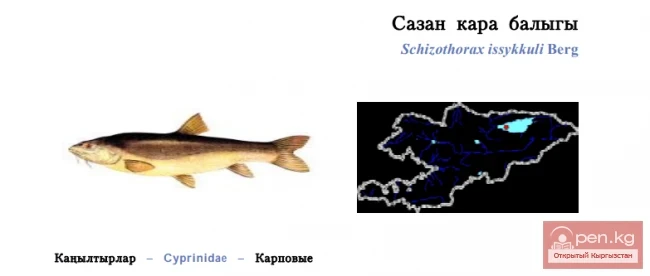
Issyk-Kul Marinka / Carp Fish / Issyk-Kul Marinka
Issyk-Kul Marinka Status: 2 [EN: D]. A rare taxon inhabiting Lake Issyk-Kul. Its...
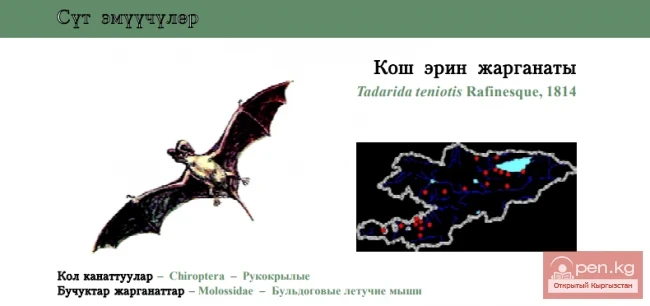
Broad-eared bat / Erin's bat / European Free-tailed bat
Broad-eared bat Status: Category VII, Lower Risk/least concerned, LR/lc....
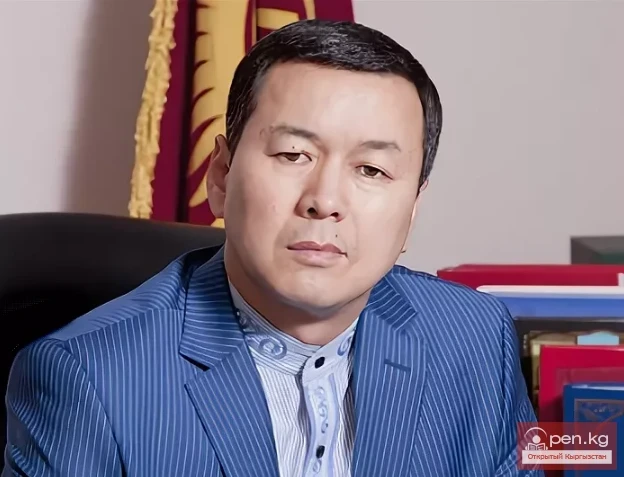
Hero of the Kyrgyz Republic Aliaskulov Aliyasbek Tolbashievich
Aliaskulov Aliyasbek Tolbashievich Born on May 5, 1971, in the village of Ken-Aral, Talas region....
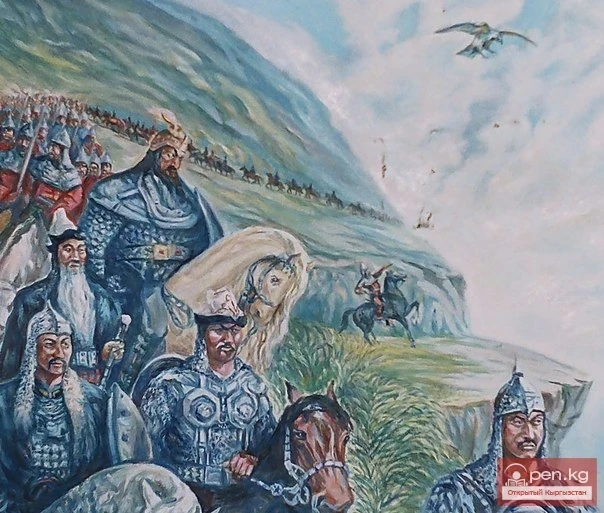
The State of the Yenisei Kyrgyz
Resettlement of the Kyrgyz to the Yenisei. The early medieval population of the Yenisei was...
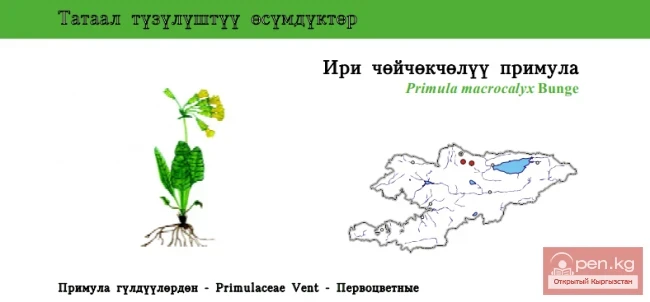
Large-calyxed Primrose
Large-calyxed Primrose Status: VU. In Kyrgyzstan, it is a very narrowly distributed, rare,...
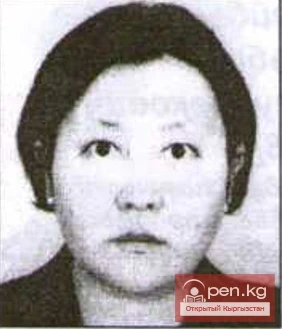
Kudayberdieva Gulmira Zulpuqarovna
Kudayberdieva Gulmira Zulpuqarovna (1962), Doctor of Medical Sciences (2001) Kyrgyzstan. Born in...
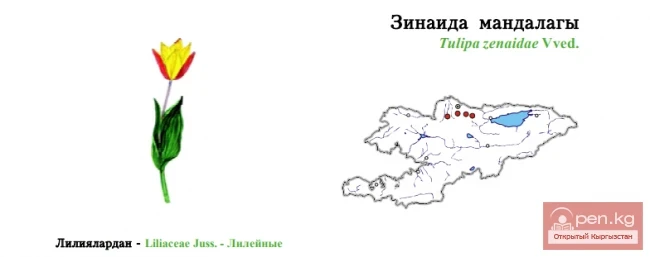
Zenaida's Tulip / Zinaida Mandala
Zenaida’s Tulip Status: VU. A narrowly endemic species of the Kyrgyz Ridge, at risk of rapidly...

Kyrgyzstan Wins the National Geographic Traveler Contest for the Second Time
Kyrgyzstan has once again become a priority for Russian tourists. This year, the republic won in...

Kyrgyzstan Leads in the "Wellness Tourism" Category of the National Geographic Awards
Issyk-Kul topped the top 10 resorts of the former USSR for summer vacations of Russians....
Products of the Naryn Region will be released under a single brand.
A unified brand for promoting products from the Naryn region, "Tenir-Tuu Azyktary"...
The Beautiful Country Known as Kyrgyzstan
Kyrgyzstan is a small country bordering Uzbekistan, Kazakhstan, and Russia. The main attractions...
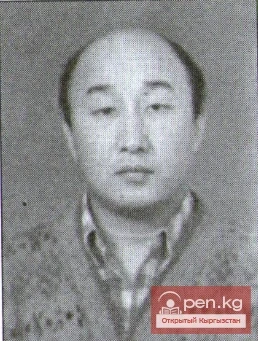
Mederoff Tahir Turarovich
Mederov Tair Turarovich Sculptor. Born on March 5, 1962, in the city of Frunze. In 1981, he...
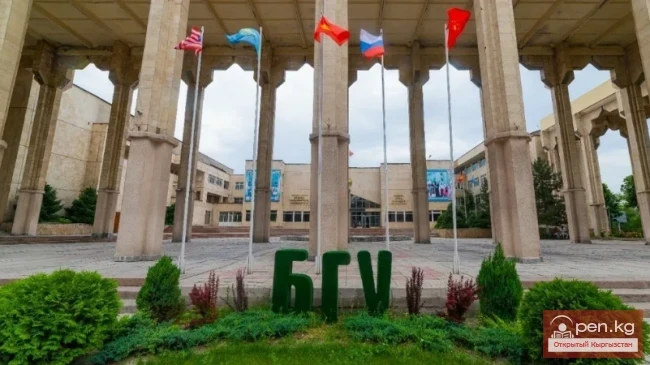
Bishkek Humanities University named after K. Karasaev
BHU Bishkek Humanities University was established on the basis of the Pedagogical Institute of the...
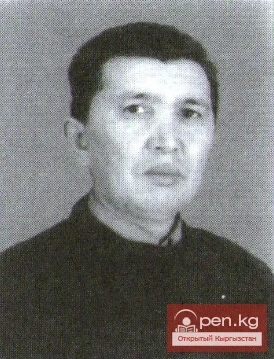
Abdyldaev Baltabay Bapyshievich
Abdyldaev Baltabay Bapyshievich Painter. Born on May 13, 1962, in the Talas region....
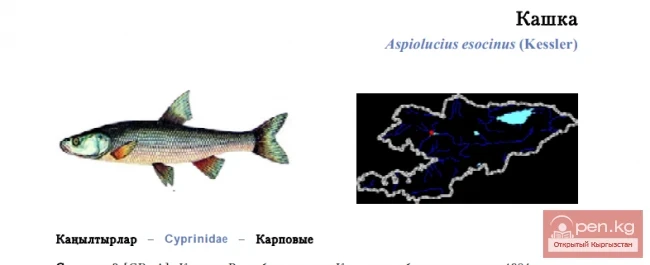
Pike Asp / Kashka / Pike Asp
Pike Asp Status: 2 [CR: A]. Listed in the Red Book of the Kyrgyz SSR in 1984. A rare...
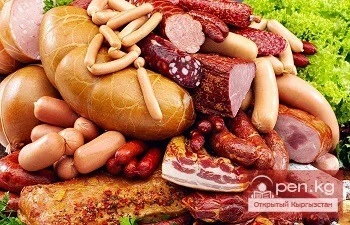
Kyrgyzstan to Start Supplying Meat and Dairy Products to the Russian Market
The Rosselkhoznadzor has published a list of Kyrgyz enterprises authorized to supply products to...
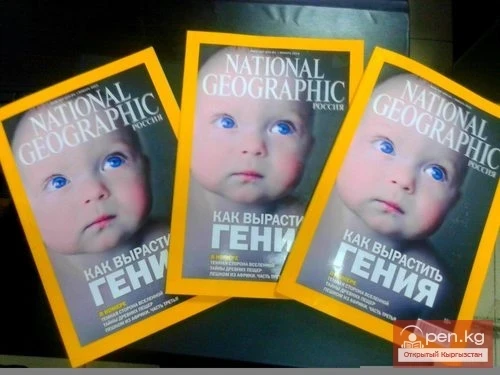
The magazine "National Geographic Russia" wrote about young activists from Kyrgyzstan.
The famous magazine informed Russian readers about the social photo project 'We are for the...
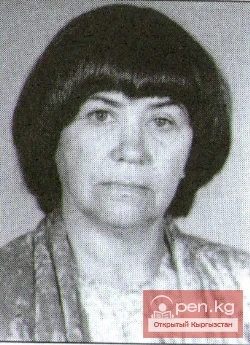
Valentina Markovna Nikulina
Nikulinа Valentina Markovna Applied artist. Born on October 16, 1938, in Kyiv. In 1962, she...
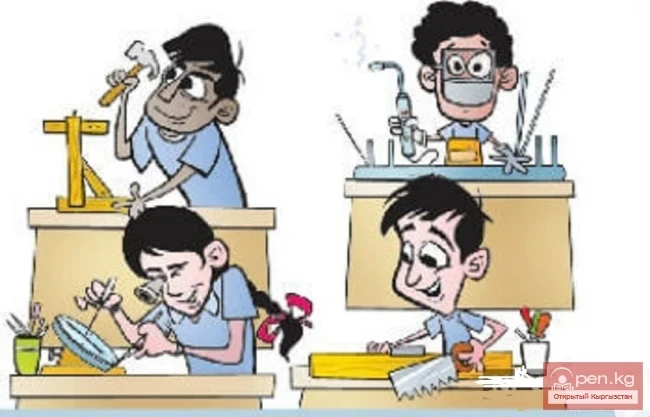
In Bishkek, a "Skills and Job Fair" will take place.
The "Skills and Job Fair" In Bishkek, on the upcoming Saturday, April 28, the...

Types of Insects Listed in the 2004 IUCN RLTS Not Included in the Red Book of Kyrgyzstan
Insect species listed in the 2004 IUCN RLTS, not included in the Red Book of Kyrgyzstan 1....
How the Image of the Kyrgyz Man Has Changed
100 years/ Style/ Kyrgyzstan. Limon.KG: How the image of the Kyrgyz man has changed...
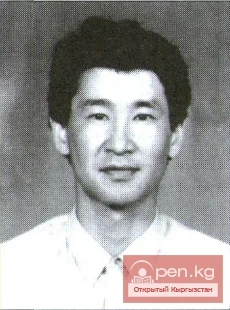
Asyrankulov Talgat Karimbaevich
Asyrankulov Talgat Karimbaevich Film artist. Born on May 15, 1962, in the city of Jalal-Abad. In...
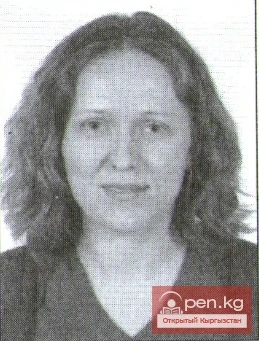
Nadtochiy Maria Alekseevna
Nadtochiy Maria Alekseevna Applied artist. Born on May 8, 1970, in the city of Frunze, Kyrgyz SSR....
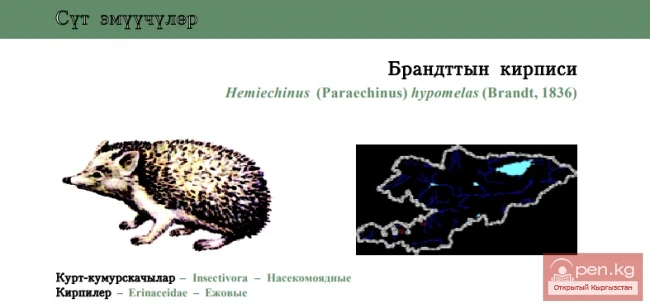
Long-eared Hedgehog / Brandt's Hedgehog / Brandt’s Hedgehog
Long-eared Hedgehog Status: VIII category, Data Deficit, DD: R. Rare, vulnerable species, single...
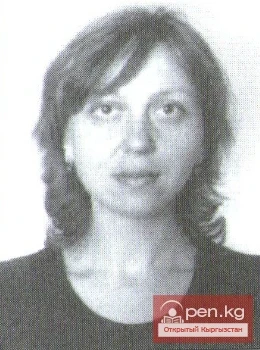
Elena Vasilievna Kazantseva
Kazantseva Elena Vasilievna Graphic artist. Born on August 12, 1969, in the city of Frunze. In...
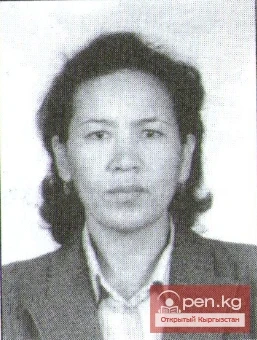
Nurova Mayramkan Toichuevna
Nurova Mayramkan Toichuevna Applied artist. Born on September 15, 1958, in the village of Boru,...
Kyrgyz Republic - This is Our Land
The Kyrgyz Republic is a country of Heavenly Mountains, stunning nature, and hospitable,...
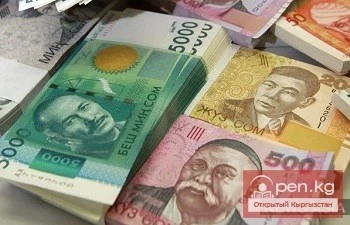
In Kyrgyzstan, the campaign "Global Money Week" has started.
In Kyrgyzstan, the campaign "Global Money Week" began on March 14, during which...
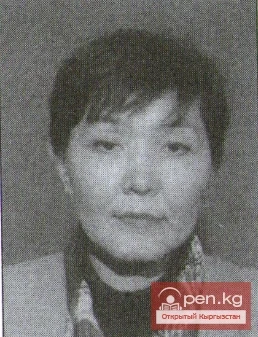
Sultanova Aychurek Maripovna
Sultanova Aichurek Maripovna Artist - fashion designer. Born on August 14, 1963, in the village of...
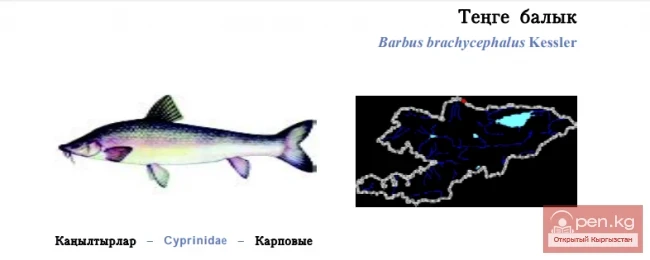
Aral Catfish / Tenge Fish / Aral Barbel
Aral Barbel Status: 2 [CR: C]. Species extinct in Kyrgyzstan....
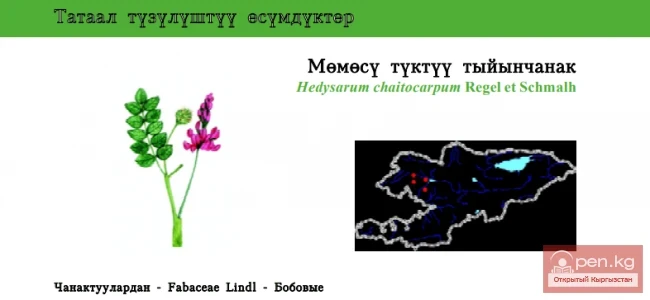
Pennywort with Bristly Fruits / Memёsu Tuktuu Tyinchanak / Chaeto-fruited Sweet Broom
Chaeto-fruited Sweet Broom Status: EN. A relic endemic species found in walnut-fruit forests....
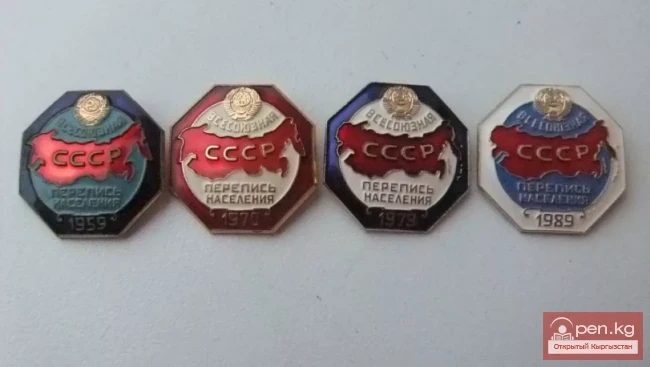
Population of the Kirghiz SSR from 1959 to 1991
Census of the Kyrgyz SSR in 1959 - 1970 - 1979 - 1989. According to the 1959 census, the...
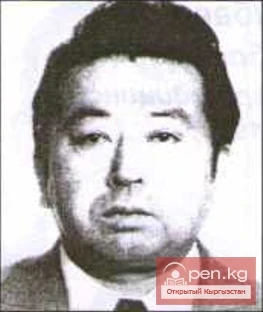
Zhenbaev Zhanibek
Zheenbaev Zhanibek (1931), Doctor of Physical and Mathematical Sciences (1971), Professor (1972),...
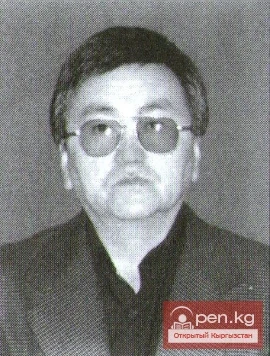
Akhmatov Nurdin Asymkulovich
Akmatov Nurdin Asymkulovich Artist - poster designer, painter. Honorary Worker of Education of the...
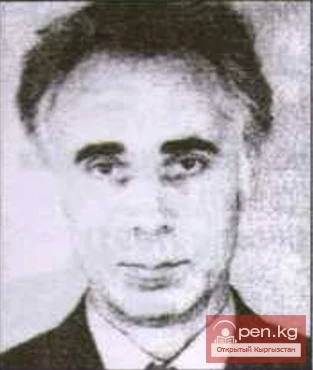
Valery Mikhailovich Lelevkin
Lelevkin Valery Mikhailovich (1944), Doctor of Physical and Mathematical Sciences (1989),...
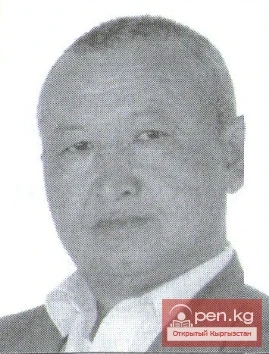
Kazakbaev Zholdoshbek Seitkazievich
Kazakbaev Zholdoshbek Seitkazievich Painter. Born on March 15, 1952, in the village of Kirov,...
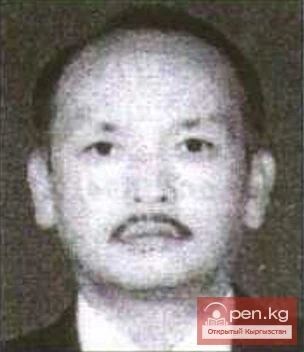
Talaibek Jumashievich Koichumanov
Koychumanov Talaybek Jumashovich (1956), Doctor of Economic Sciences (2000) Kyrgyz. Born in the...

Population of Kyrgyzstan as of January 1, 2013
Population of Kyrgyzstan Thanks to the fundamental changes that occurred in Kyrgyzstan after the...
